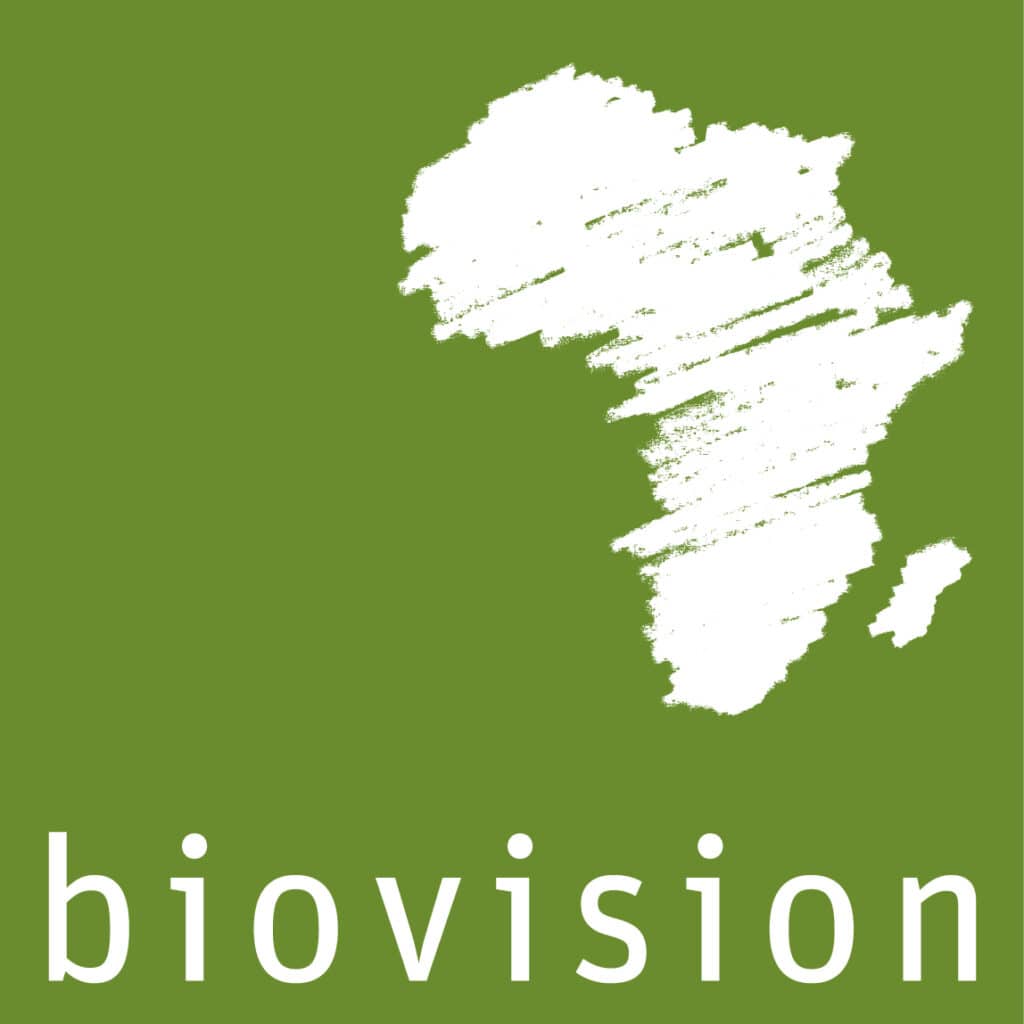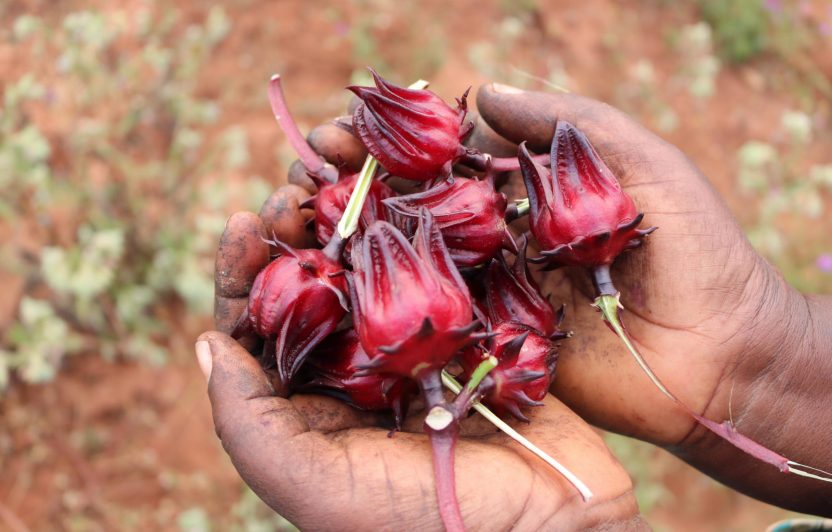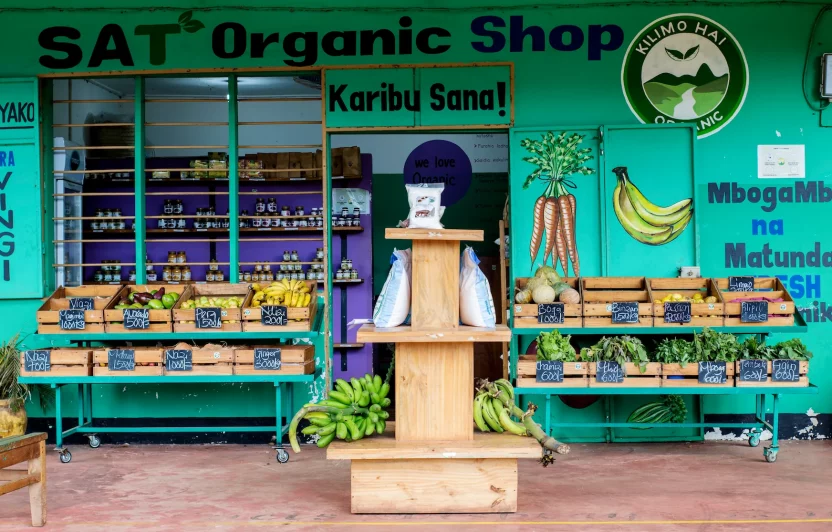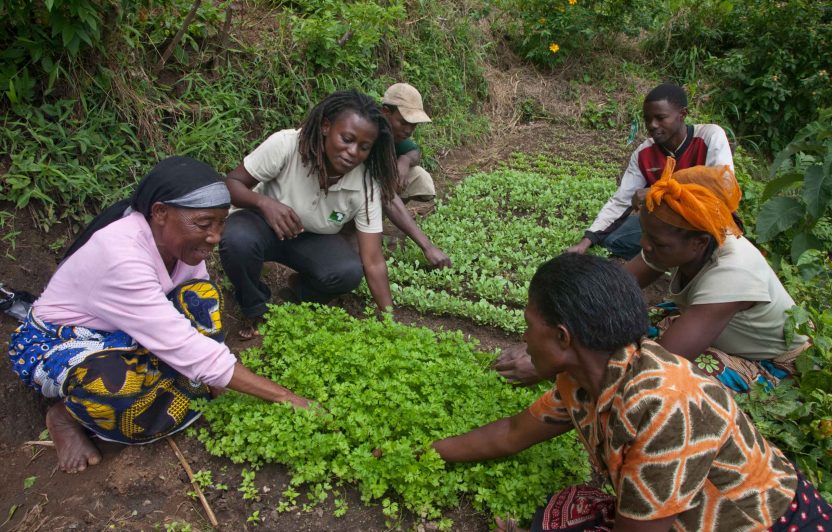Centre for Agroecology in Tanzania
Biovision wants to support the use of agroecological practices along the entire value chain. To do so, various interest groups must be brought together. At the Centre for Agroecology in Morogoro, Tanzania, we are doing just that.
Context: Different groups, different needs
To establish agroecological approaches across the entire value chain step by step, groups with potentially conflicting needs must also be connected: for example, by bringing together farmers who grow fruits and vegetables with livestock breeders who are more concerned with their animals.
Goal: Moving forward together
Biovision wants to promote understanding between various interest groups while also advancing agroecology in the region. Through training in organic farming and creating processing facilities and marketing opportunities, farmers’ and livestock breeders’ living conditions should be improved and the region’s natural resources used more efficiently. Our aim is for farmers and livestock breeders to live peacefully alongside one another, using agroecological practices and benefiting from each other through a circular economy.
At a glance
Project name:
Agroecology Centre in Tanzania
Beneficiaries: Tanzania
Project budget in CHF :
1619829
Participants: Cattle herding families Smallholder farmers
Project Officer:
Project phase: 2024-2027
Partner organizations:
Sustainable Agriculture Tanzania SAT
The project addresses the following SDGs from UN Agenda 2030:
This project is supported by SDC
Region
Topics
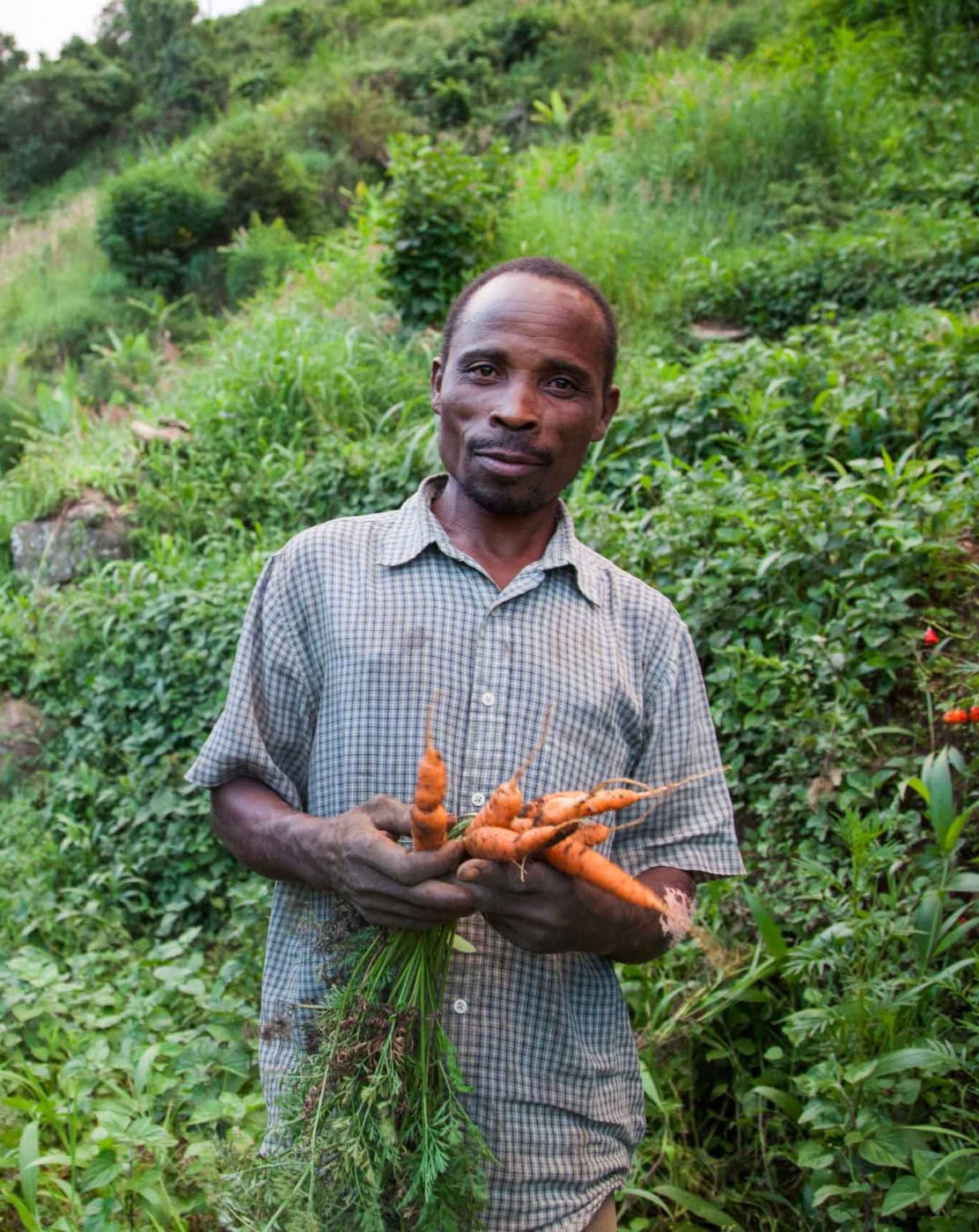
"Thanks to agroecological practices, I am self-sufficient and can produce my own organic fertilizer"
Pius Paulini, organic farmer, Morogoro, Tanzania
Impact to date: We are stimulating the economy
Our partner organisation Sustainable Agriculture Tanzania (SAT) in Morogoro teaches agroecological methods for increasing crop yields and protecting natural resources to communities of farmers and livestock breeders through training courses. Concretely, it’s all about creating a circular economy in which farmers and livestock breeders buy, sell or barter their goods with each other.
This is how, together with SAT, we are creating diverse opportunities for processing and marketing organic agricultural products within a local market and stimulating economic circulation that should help resolve conflicts between families who farm and families who keep livestock.
Next step: Agroecology is spreading
Moving forward, we want to scientifically evaluate the steps already achieved and figure out how the project can be expanded together with the relevant interest groups. The aim is not only that agroecological measures will play a role for farmers and livestock breeders in Morogoro, but also that they will be introduced in other regions of the country.
Learn more about the SAT approach to sustainable farming in this video:
More about this or similar projects
Consumption
“Everyone should earn something from the hibiscus tea”
The Zurich start-up Five Good Goods only sells products that the producers really earn money from – and stands for fair working conditions and prices. The hibiscus tea from the Biovision partner organisation Sustainable Agriculture Tanzania (SAT) is one of the products that has made it into the start-up’s online shop. Owner Johannes Küng tells us in an interview what makes the tea so valuable.
Agriculture
“The agroecological approach is essential”
Alexander Wostry and his wife Janet Maro run Sustainable Agriculture Tanzania (SAT). Since its foundation 10 years ago, SAT has been able to enthuse thousands of farmers about the benefits of agroecological agriculture. In September 2020, the ancillary social enterprise SAT Holistic Group created a market for women agroecological producers. In an interview, Wostry revealed the recipe behind SAT’s success.
